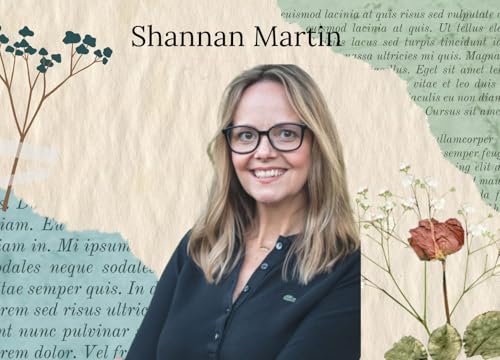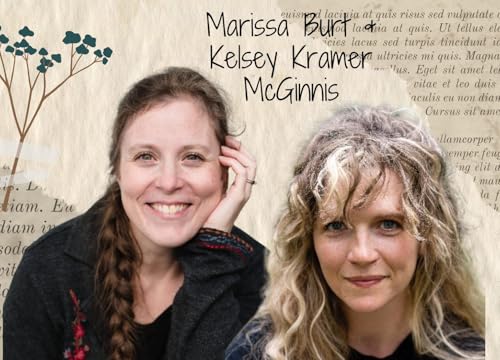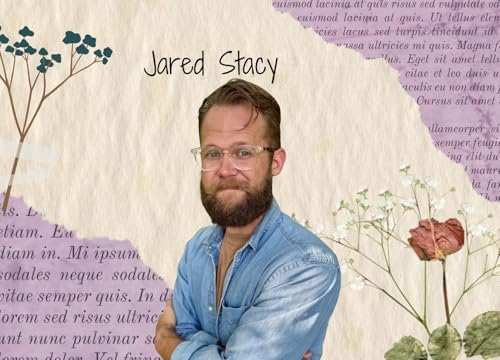In this episode of the Untidy Faith Podcast, Kate Boyd sits down with Mandy Capehart, author of Restorative Grief, for an intimate conversation about how faith deconstruction is actually a complex grief process that affects every dimension of our lives.
This isn't just about changing your theology—it's about recognizing that when we deconstruct faith, we're grieving the loss of safety, belonging, community, identity, and even our relationship with our own bodies. Mandy offers a compassionate framework for understanding why this process is so difficult and how healing can happen holistically.
Mandy Capehart is a grief educator, somatic practitioner, and author of Restorative Grief. She hosts the Restorative Grief podcast and leads the Restorative Grief Project, a supportive online community. Her work focuses on helping people understand grief as a holistic experience that involves heart, mind, body, and spirit.
Topics Covered
* Understanding faith deconstruction as a layered grief process that involves losing "the systems and structures that have really shaped our sense of safety, belonging, and community," not just changing beliefs about theology or biblical interpretation
* How leaving faith communities mirrors other major life transitions like divorce or coming out, particularly when "we have disrupted our foundation" and can no longer rely on our faith as the solid rock during other difficulties
* The difference between fitting in and true belonging, and how many people discover they were conditionally accepted in their faith communities only when they could edit themselves to match expectations rather than bring their full selves
* Why intellectualizing deconstruction can become a protective strategy that creates "an illusion of control" while avoiding the necessary work of processing how these changes affect us emotionally and somatically in our bodies
* How faith communities often suppress connection to our physical selves, leading to embodied symptoms like "tightness in their throat, in their chest" and the inability to speak authentically when our voices have been deemed unsafe or invalid
* The transformative power of learning to "take up space" and speak with authenticity, even when it means risking correction or disagreement, and finding safety in being humbled while maintaining belonging
Timestamps:
01:00 What Are We Actually Grieving in Faith Deconstruction?
05:00 Beyond Theology: How Environment and Values Shape Us
11:00 Why Faith Deconstruction Looks Like Divorce
18:00 Grieving Community and the Loss of Belonging
23:00 Identity Grief: When Labels and Roles No Longer Fit
29:00 How Grief and Transition Show Up in Our Bodies
36:00 Learning to Take Up Space and Use Our Voices
40:00 Restorative Grief: Finding Safety in the Eye of the Storm
47:00 Finding Mandy's Work and Resources
This is a public episode. If you'd like to discuss this with other subscribers or get access to bonus episodes, visit kateboyd.substack.com/subscribe
 Feb 17 202638 m
Feb 17 202638 m Feb 3 202650 m
Feb 3 202650 m 46 m
46 m 48 m
48 m 1 h y 7 m
1 h y 7 m Nov 4 20251 h y 7 m
Nov 4 20251 h y 7 m 1 h y 11 m
1 h y 11 m Aug 19 202548 m
Aug 19 202548 m
